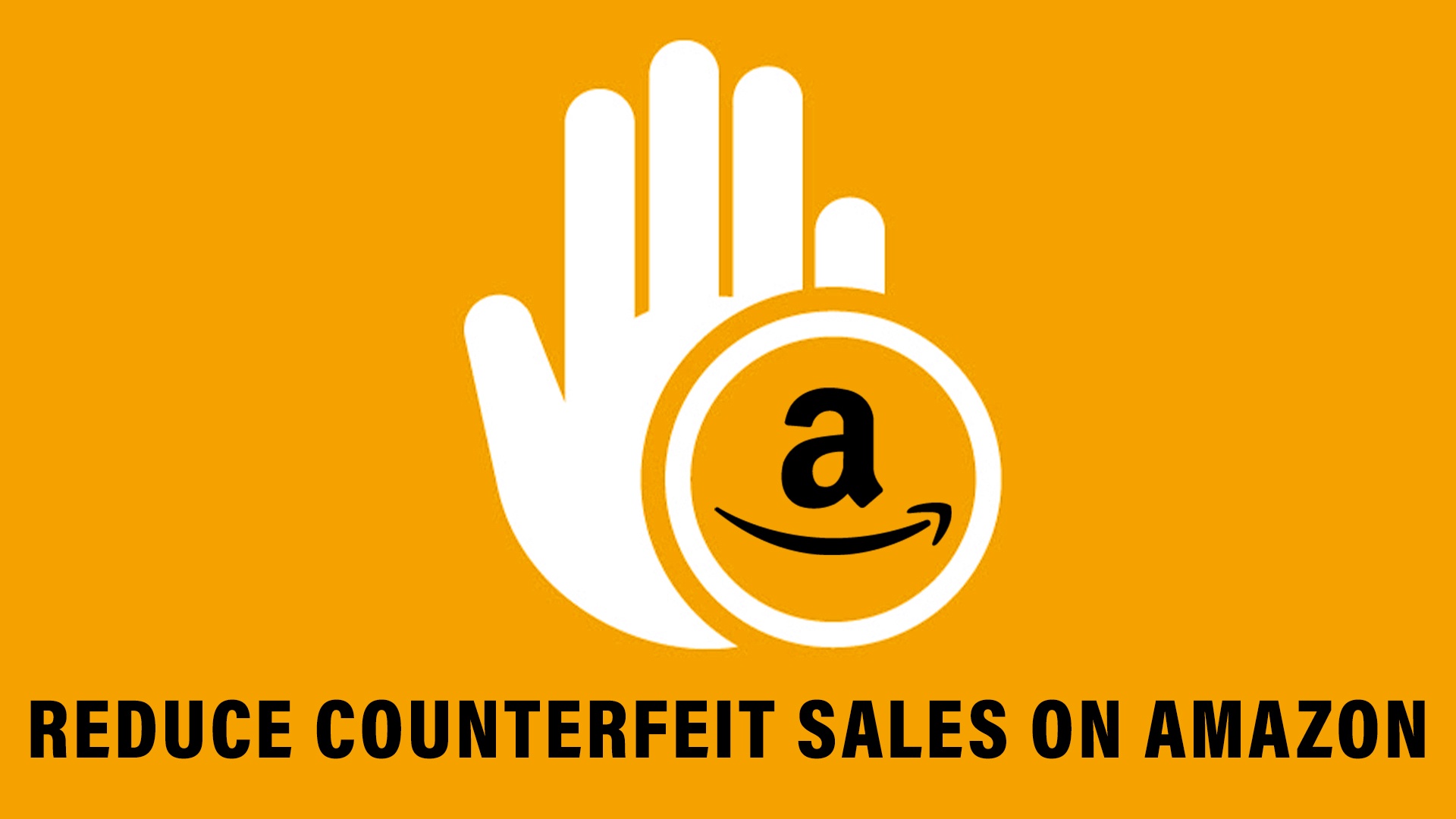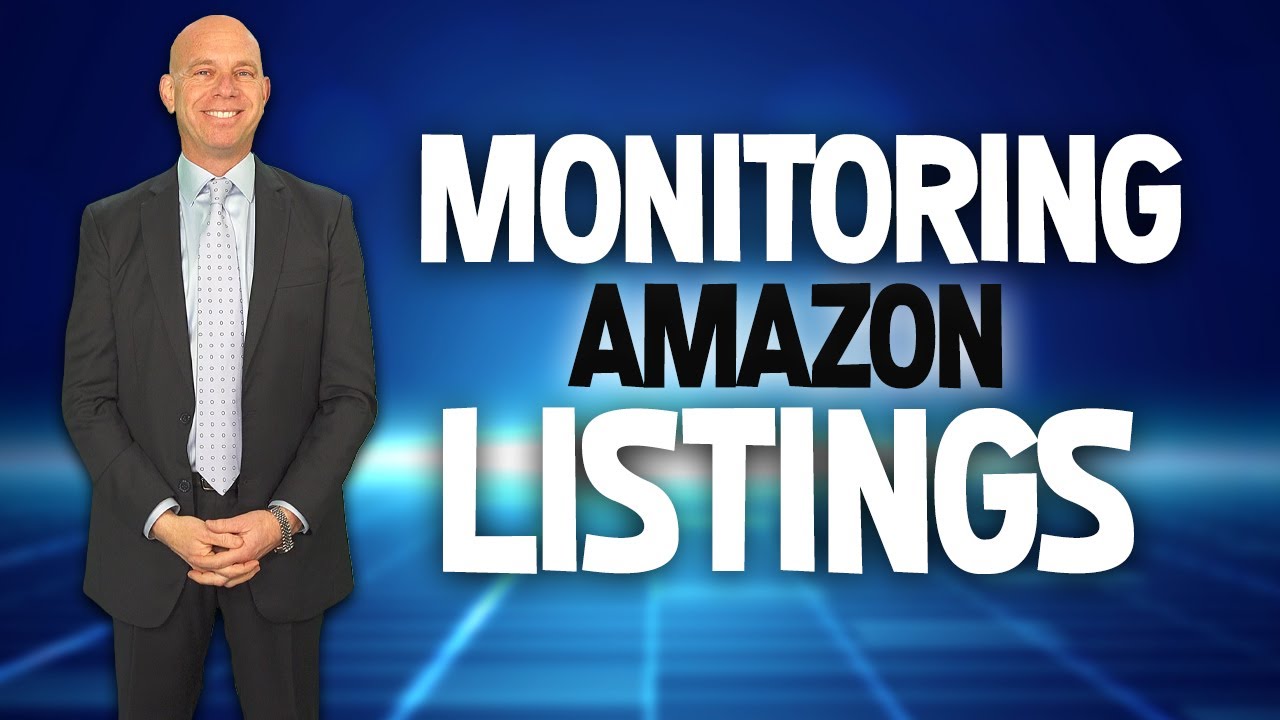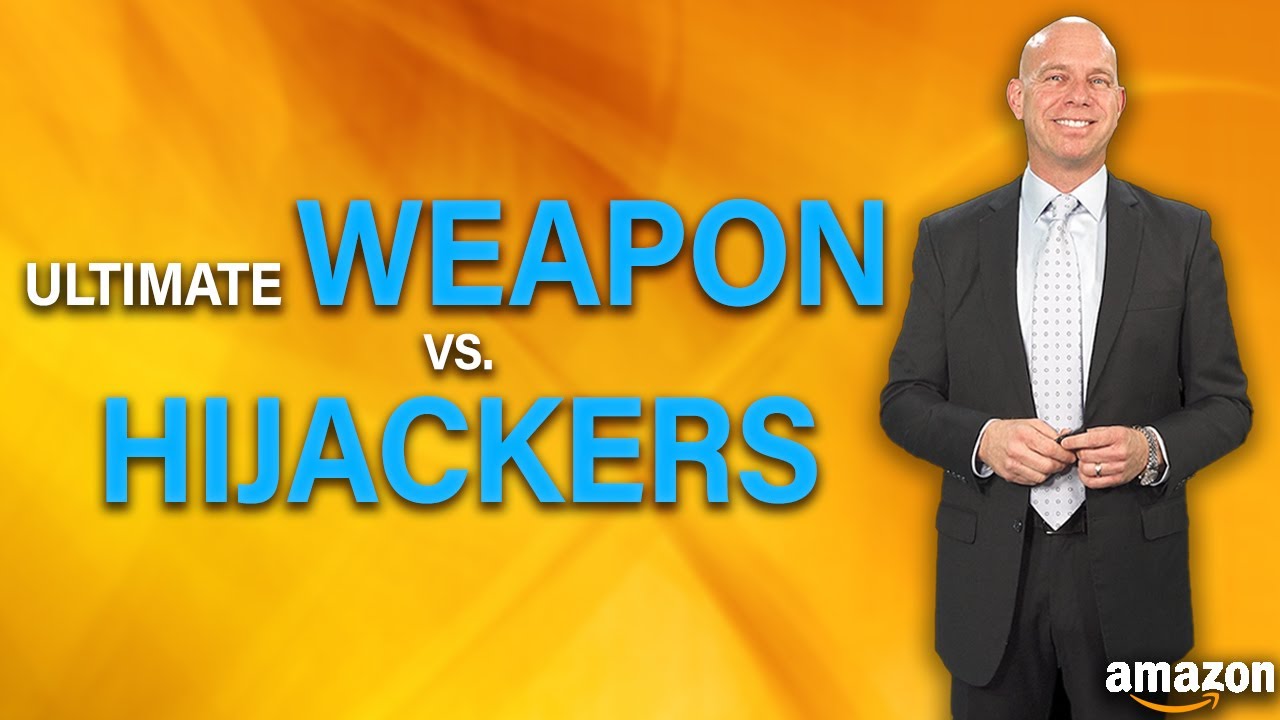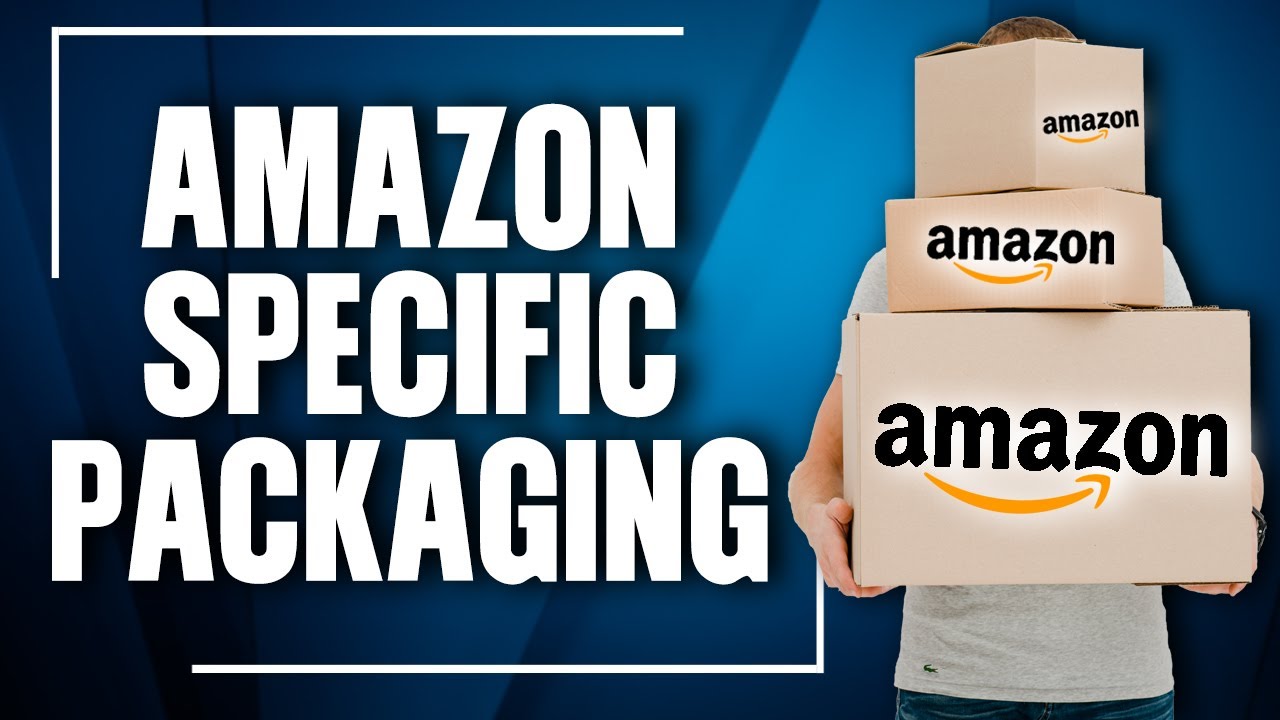
3 Ways for Brand Managers to Protect Sales on Amazon: More Than Just Fighting Counterfeiters
This is an introduction to three huge aspects for brand managers because your job is not simply fighting counterfeiters. Anti-counterfeiting is absolutely vital, but it’s not the only role that a brand manager must play in brand protection, specifically on protecting sales on Amazon.
3 Ways for Brand Managers to Protect Sales on Amazon:
One, how to use warranties to their full potential.
Warranties can be used for two huge goals. Number one, making sure that your product is outside the first sale doctrine, which means unauthorized sellers cannot sell your products on Amazon. If they do, you have legitimate ground to remove those unauthorized sellers specifically from selling your product on Amazon. The second powerful aspect of warranty is how to use warranties to build repeat consumers. How to use the language of your warranty so that consumers come back. You obtain their information and as new products come out, you build more and more consumer loyalty.
Two, cease and desist communications are vital because they are successful.
If you know how to monitor your listings, the next step is how to send a persuasive C&D communication to unauthorized sellers. If you are engaged in brand protection, you also need to know how to specifically assert complaints on Amazon. It’s not like other platforms. It’s not like eBay, it’s not like Alibaba and it’s certainly not like going to court. When it comes to Amazon you need to know what the inside information is on how to assert an effective complaint on Amazon for those unauthorized sellers who remain after you send the cease and desist letter.
Three, you need to know how to protect yourself against your own factories.
When it comes to gray market goods, not counterfeit, when it comes to gray market goods, your number one threat by far is your own factories. You need to know what your contract should say and where your contracts with these factories should be enforceable. You need to know how to make sure that those contracts have teeth so that you can use those contracts to stop your factories from running extra products and sending them out the back door and creating gray market products that flood the marketplace and steal your sales.








